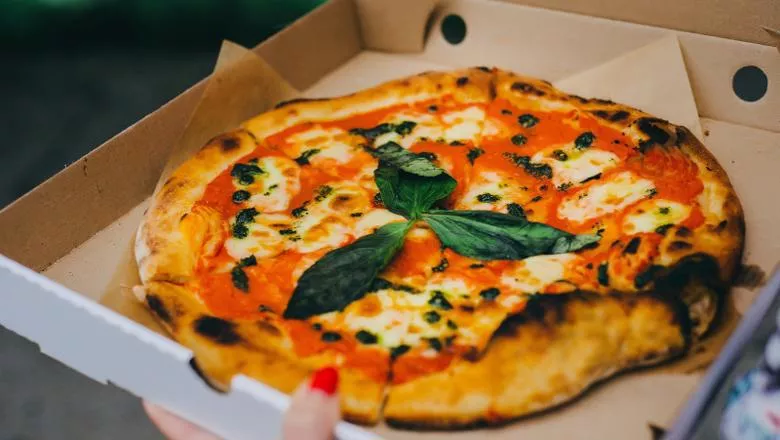Our study showed that the quality of snacking is more important than the quantity or frequency of snacking, thus choosing high quality snacks over highly processed snacks is likely beneficial. Timing is also important, with late night snacking being unfavourable for health.
Kate Bermingham, PhD, a postdoctoral fellow from the Department of Nutritional Sciences
26 July 2023
Bedtime snacks worse for your health
Late night snacking is associated with worse blood fat and insulin responses, new research has found.

Research presented at NUTRITION 2023, the annual flagship meeting of the American Society for Nutrition in Boston, by Kate Bermingham, PhD, from King’s, shows how snacking affects health.
Researchers examined data from 1,000 people taking part of the ZOE PREDICT study. They looked at the relationship between snacking quantity, quality, and timing with blood fats and insulin levels, which are both indicators of cardiometabolic health.
The analysis showed that snacking on higher quality foods — foods that contain significant amounts of nutrients relative to the calories they provide — was associated with better blood fat and insulin responses. The researchers also observed that late-evening snacking, which lengthens eating windows and shortens the overnight fasting period, was associated with unfavourable blood glucose and lipid levels. There was no association between snacking frequency, calories consumed, and food quantity with any of the health measures analysed.
“Surprisingly little has been published on snacking, despite the fact that it accounts for 20-25% of energy intake,” said Bermingham. “ZOE PREDICT followed a large number of people and captured detailed information on their snacking behaviors, allowing this in-depth exploration of snacking on health.”
Researchers saw only weak relationships between snack quality and the remainder of the diet, which highlights snacking as an independent modifiable dietary feature that could be targeted to improve health.
